‘Our business model doesn’t work without stars’
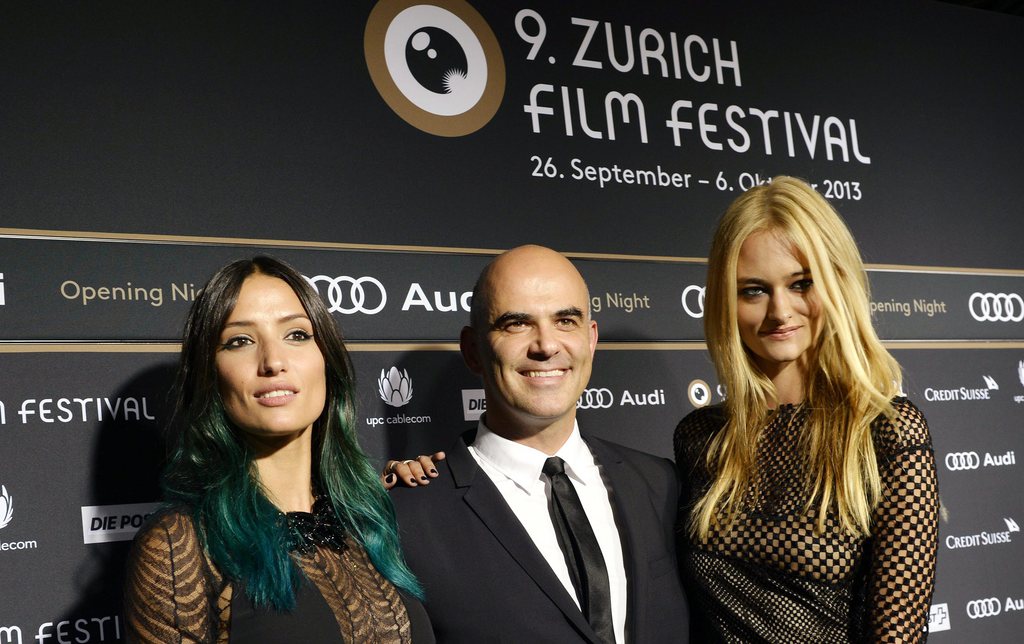
The lights, cameras and action have started at the 9th Zurich Film Festival, which this year is collaborating with the renowned San Sebastian Film Festival in Spain – a move described by Zurich’s artistic director Karl Spoerri as “promising for the future”.
No one was expecting a new film festival in 2005, when Spoerri and Nadja Schildknecht, both 32 at the time, founded their own company – especially no one in Locarno or Solothurn, which already had festivals.
Too much glamour, too little content, bleated critics. The glamour factor at this year’s festival is indeed dizzyingly high (see box) – in contrast with the organisers’ short and medium-term aim of “growing in small steps” – but in the long term, Spoerri says they want to be more like big players such as Sundance, Toronto and San Sebastian.
swissinfo.ch: What cultural value has the Zurich Film Festival brought to the Swiss cinematic landscape since 2005?
Karl Spoerri: The more than 60,000 festival visitors send a clear message. Interest grows every year and many screenings are already sold out in the run-up.
We take our cultural commitment very seriously. Every year we show many excellent films which never make it to cinemas because the commercial pressure on distributors is too great and these films are squeezed out by mainstream stuff that appeals to the majority. The festival counters that and for 11 days opens a movie universe which doesn’t feel primarily bound to the making of money.
The film festival increasingly acts as a distribution channel for relevant cinema.
The 9th Zurich Film Festival is running from September 26-October 6. The budget has increased from CHF5.7 million last year to CHF6.1 million.
Visitors have a choice of 122 films from 27 countries, including 16 world premieres.
Big names on the red carpet include US actor Harrison Ford, Australian actor Hugh Jackman, British actor James McAvoy, US actor and Oscar winner Melissa Yeo, Austrian director and Oscar winner Michael Haneke, US producers Harvey Weinstein and Tim Bevan, German actors Daniel Brühl and Alexandra Maria Lara.
Swiss director Marc Forster is heading the jury for the international film section.
German actor Veronica Ferres is heading the jury for the German-speaking film section.
The Zurich Film Festival has 15 full-time staff, 37 part-time staff and 280 volunteers.
swissinfo.ch: The quality of the programme is considered excellent by industry insiders, yet this is always somewhat drowned out by media hype about which stars will be turning up. Are you the victim of your own strategy?
K.S.: I wouldn’t say that. For me, it’s more of a general problem. Nowadays the media, including the serious media, are first and foremost interested in stars and issues that are easy to sell. If we didn’t have any stars, the festival wouldn’t get any coverage.
Our partners, who for the most part finance the festival, expect in return a large media echo. It’s a business model in which we need both sides.
swissinfo.ch: What do you expect from the collaboration with the San Sebastian Film Festival, which is taking place at almost the same time?
K.S.: It’s a valuable complement for our network, because there’s a constant exchange about not only film content but also production dates. The film business involves a lot of talk – not all of it true – and it’s therefore helpful when we both have our feelers out and work together to see what’s going on.
It’s also financially interesting, because we can share high costs, such as the flights for Hugh Jackman [Australian actor who is receiving the Golden Icon Award] from the United States or Jia Zhangke [Chinese director of A Touch of Sin] from Shanghai. It’s a win-win situation because the filmmakers and distributors gain access to two important markets: Spain and in German-speaking countries.
In my opinion, festival cooperation is promising for the future. “Sharing” is not only the model for social media, but also for real-life business situations.
Swiss films being shown in Zurich include Neuland (new land) by Anna Thommen and Traumland (dream land) by Petra Volpe. Karl Spoerri says these both show “great narrative talent”.
Markus Imboden has filmed Am Hang (on the slope) from the successful novel by Markus Werner.
The latest film by Xavier Koller – the most recent Swiss actor or director to win an Oscar for his immigrant drama Journey of Hope, named Best Foreign Language Film back in 1991 – is having its world premiere: Die schwarzen Brüder (the black brothers) is based on a children’s classic.
The “New Worldview” section is this year devoted to Brazil, which next year hosts the football world cup.
Five films are programmed for children.
swissinfo.ch: Turning to the awards – aren’t these losing their value because every festival hands them out in an almost inflationary way?
K.S.: For us, the awards are an expression of appreciation and are linked to enjoyment. And the visitors, who are also fans, can get close to their favourite stars. You simply buy a ticket and turn up.
But you shouldn’t take the whole thing too seriously – it’s not the Nobel Prize.
swissinfo.ch: This year you’re showing many Swiss films. Has the quality improved? Has the industry discovered Zurich? Or are they films that didn’t make it to Locarno back in August?
K.S.: Locarno also shows many Swiss films. It always depends when the films are completed and the distributors’ strategies. We’ve always attached a special importance to local productions.
The winning film receives the Golden Eye Award.
The Lifetime Achievement Award goes this year to Harrison Ford and Hugh Jackman.
The Career Achievement Award for Producers goes this year to Tim Bevan and Eric Fellner, for films including Four Weddings and a Funeral, Fargo, The Big Lebowski, Notting Hill).
A Little Golden Eye Award will be presented for the first time for the best children’s film.Little Golden Eye Award will be presented for the first time for the best children’s film.
swissinfo.ch: How seriously do you think the government takes you? The Federal Culture Office this year added the Zurich Film Festival to a list of “successful festivals” and increased its contribution from CHF110,000 ($120,000) to CHF150,000.
K.S.: We’re satisfied that we managed to get on the festival list. When it comes to subsidies, we still feel we’re not where we should be. But it obviously needs a bit more time.
swissinfo.ch: Your target in the short and medium-term is “growth in small steps”. What does that mean concretely?
K.S.: We want to grow organically, together with our audience and our partners. Anything else would lead to failure. If you inflate something too quickly, it bursts.
swissinfo.ch: What about long-term targets? Promotion to the top division of festivals? Zurich certainly has the infrastructure. Berlin-Cannes-Venice-Zurich has a good ring to it…
K.S.: At some point we want to be mentioned in the same breath as Sundance, Toronto and San Sebastian. It’s really important for us not to lose sight of this goal. But there’s a long way to go. Which is why we’re setting ourselves realistic targets.
We’re ambitious and want to make progress. Many industry representatives who do the festival tour have included us with Toronto and San Sebastian. That’s already a huge success for us.
(Translated from German by Thomas Stephens)

In compliance with the JTI standards
More: SWI swissinfo.ch certified by the Journalism Trust Initiative
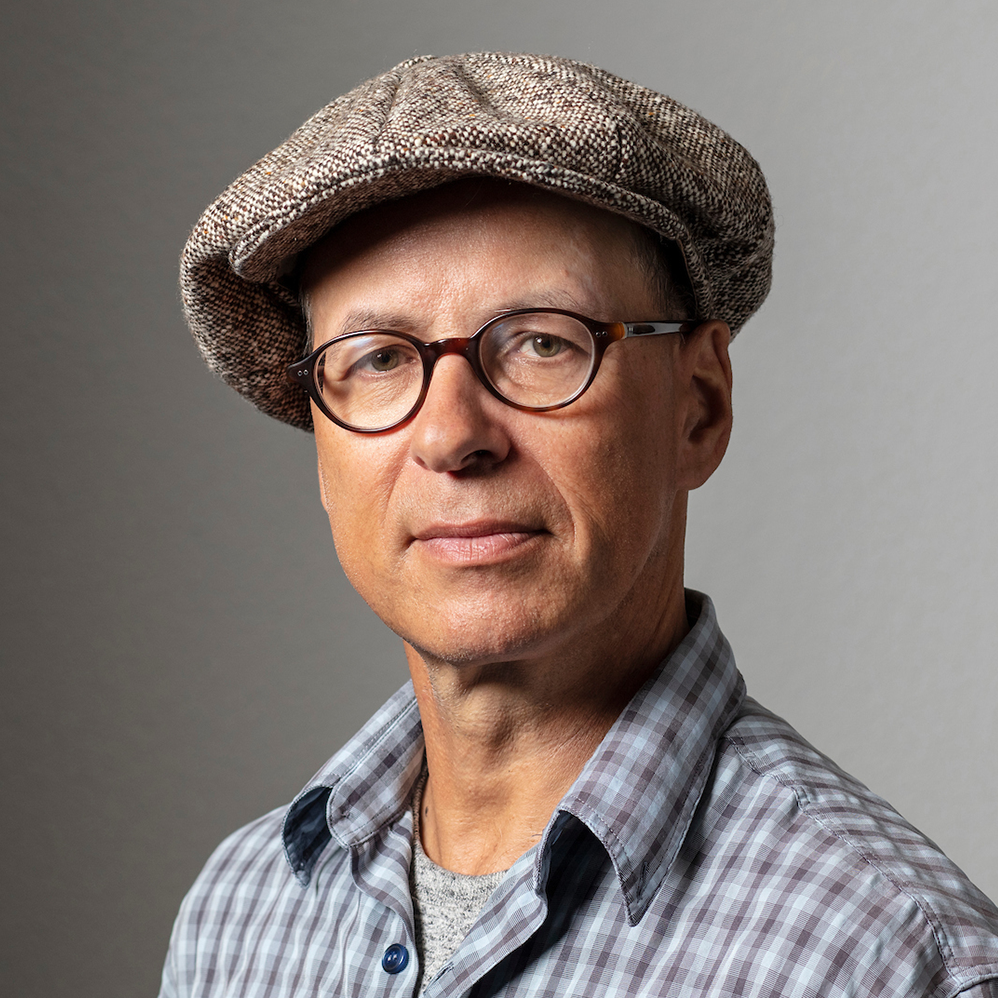
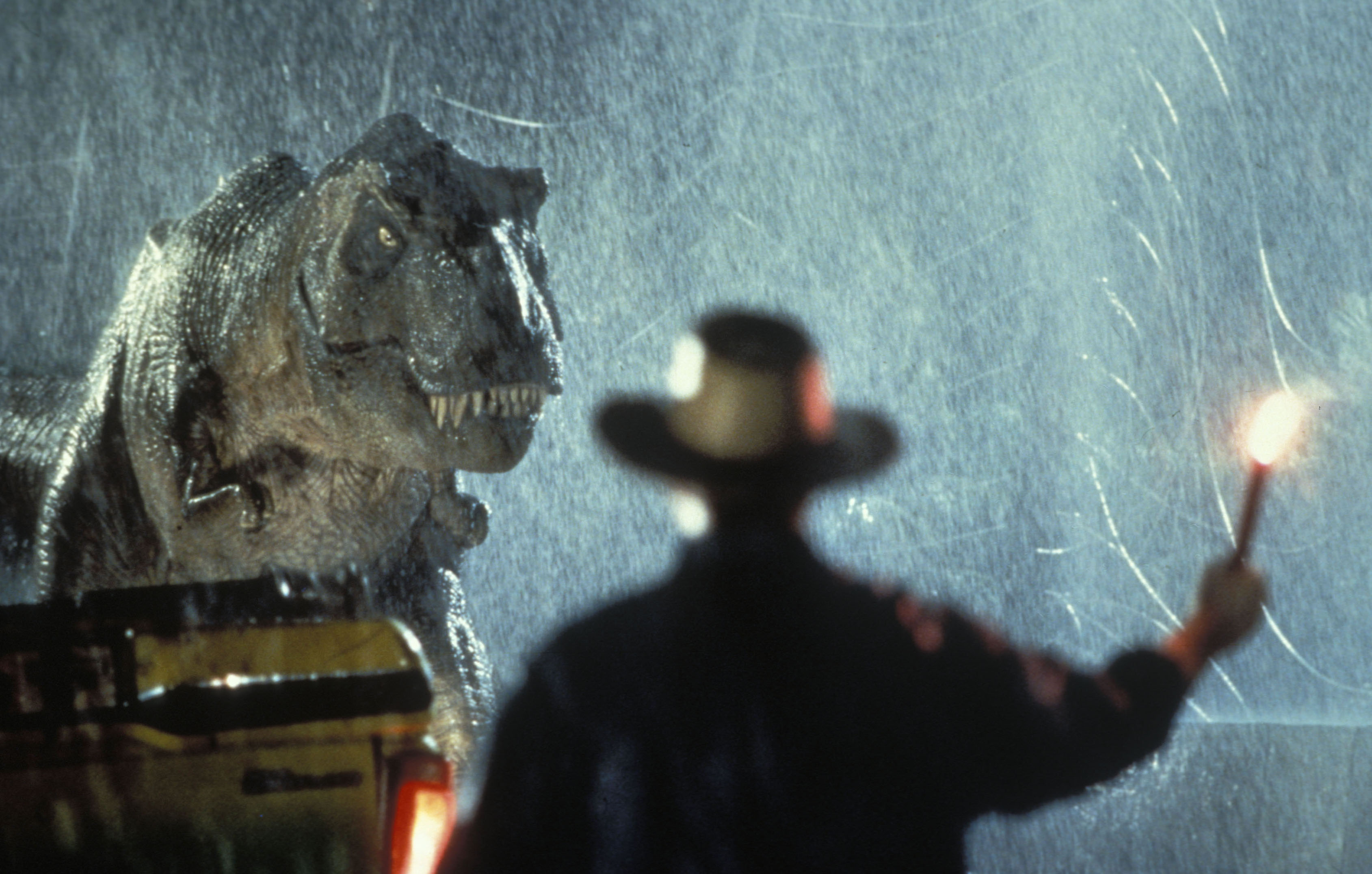
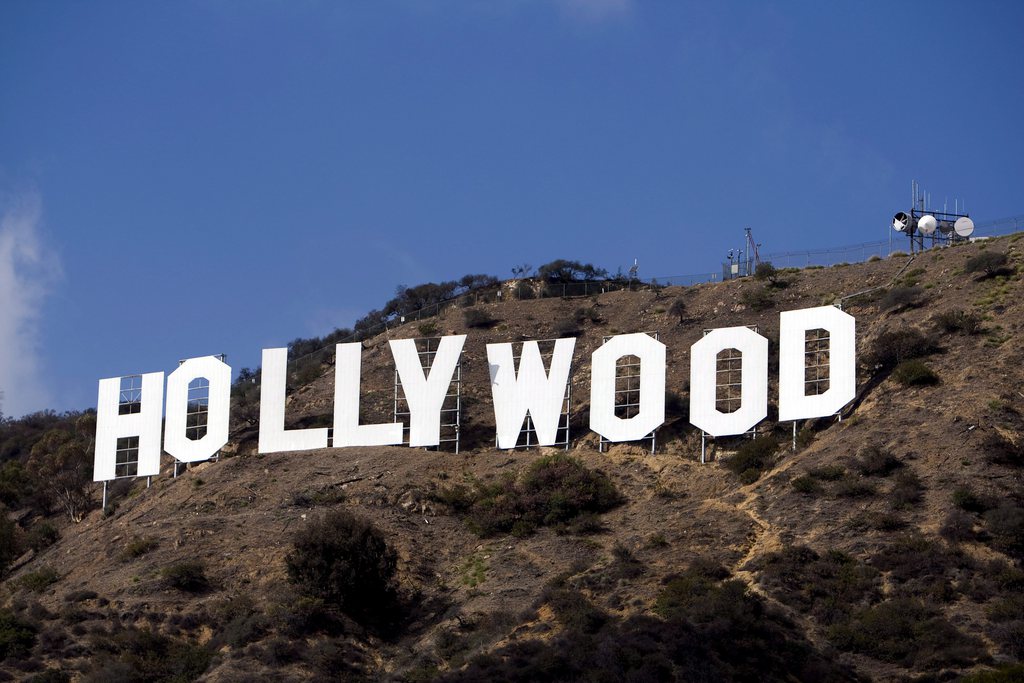
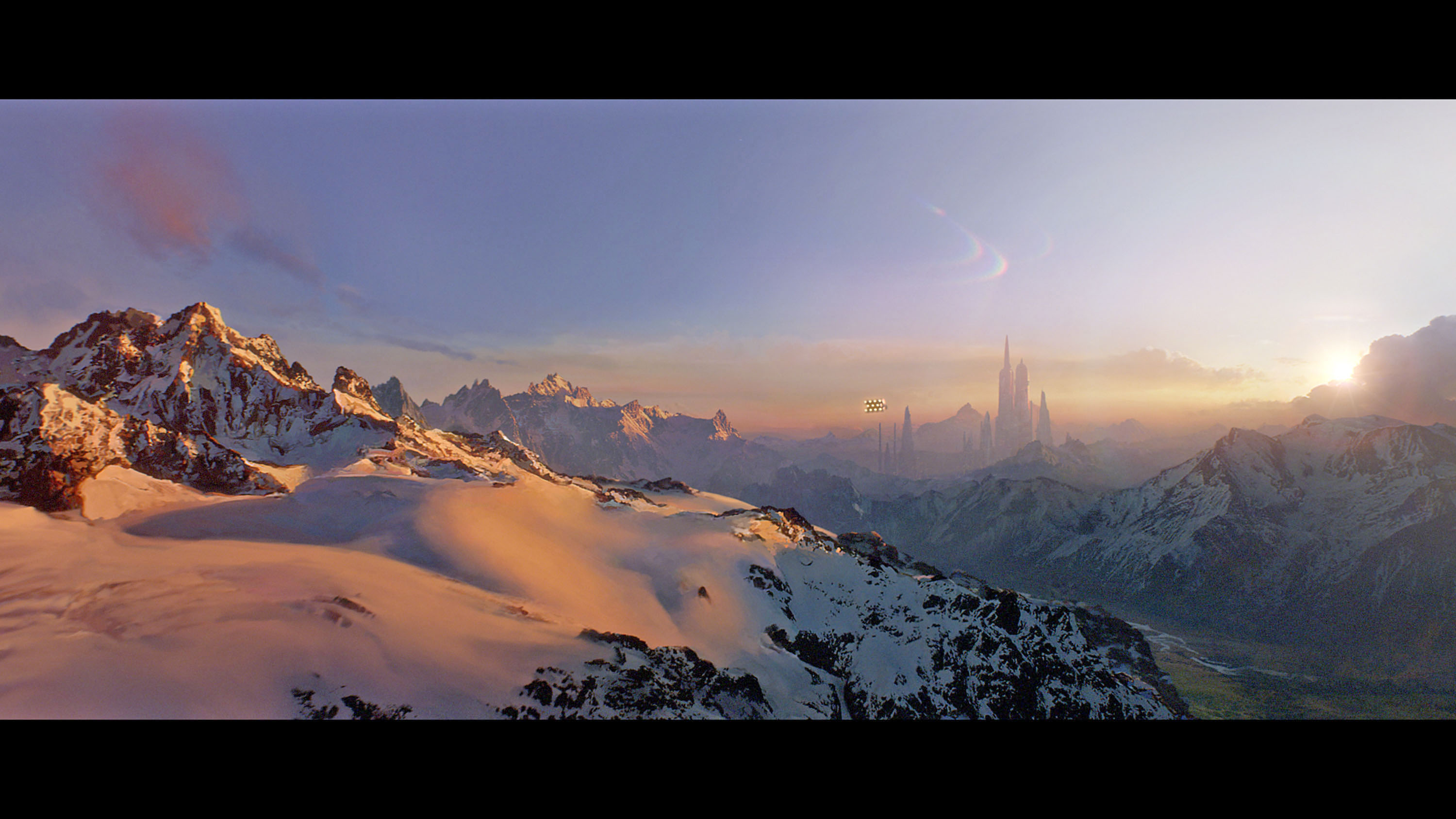
You can find an overview of ongoing debates with our journalists here. Please join us!
If you want to start a conversation about a topic raised in this article or want to report factual errors, email us at english@swissinfo.ch.